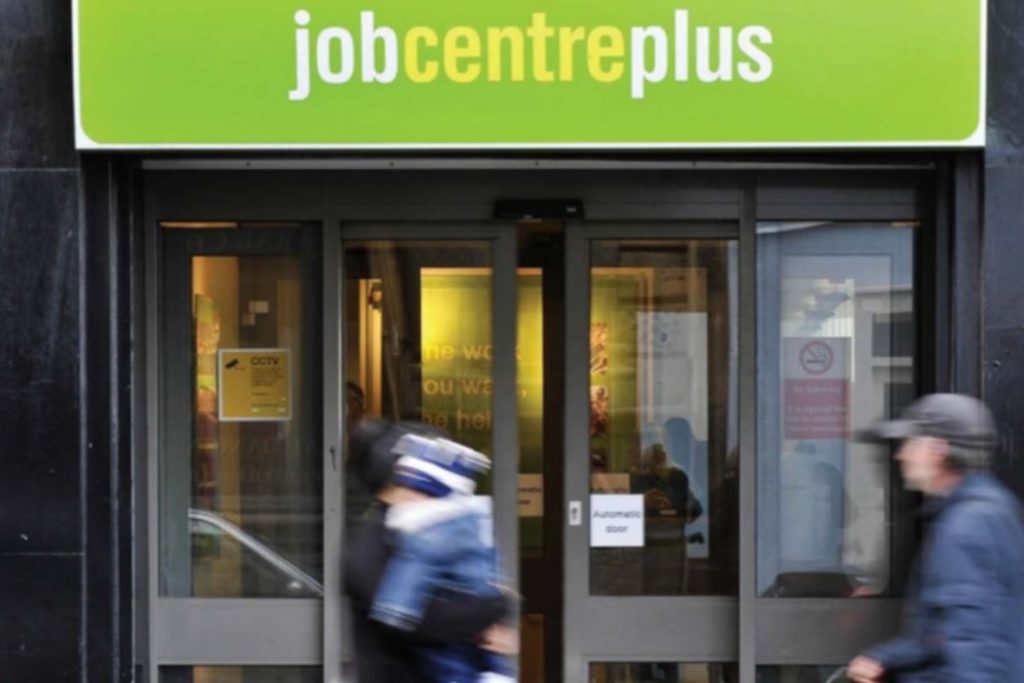A new report led by Kent and University of Salford shows that 290,000 people unsuccessfully tried to claim benefits during the COVID-19 pandemic. Most were not eligible for benefits but had seen sharp falls in income, were struggling financially and had poor mental health.
Unsuccessful claims were found to happen mainly because of the rules set by policymakers about who is eligible for benefits – most unsuccessful claimants had applied for benefits but were rejected (220,000 people). The most common reasons were that they had too much in savings or were still earning too much, despite the sudden decline in income that most had seen. Rejections largely came as a surprise (69.7%) and were felt to be unfair (73.5%).
Far fewer unsuccessful claims happened because of issues with the process of claiming benefits – only 41,000 had failed to complete their application, due to difficulties such as verifying their identity online.
More than half (52.6%) of unsuccessful claimants said that their income had fallen by more than 25% compared with life before the Covid-19 pandemic. Nearly half (48.4%) reported severe financial strains such as not keeping up with bills, including one in seven (15.2%) who said that they had recently been hungry and not eaten because they could not afford it.
These financial pressures were accompanied by high levels of mental ill-health (e.g. feeling worthless or losing sleep over worry). Poor mental health was reported by 63.3% of unsuccessful claimants, far higher than the 37.5% reported by non-claimants.
The research was led by SSPSSR’s Dr Ben Baumberg Geiger and Professor Lisa Scullion, Co-Director of The Sustainable Housing & Urban Studies Unit (SHUSU) at the University of Salford. It was funded by the Health Foundation and links to the Welfare at a (Social) Distance project (a major national research project funded by the Economic and Social Research Council).
Dr Baumberg Geiger said: ‘Little attention has been paid to unsuccessful claimants during the COVID-19 pandemic. Yet they are often under considerable financial strain and have poor mental health, and some are more acutely deprived. While fundamental decisions about the benefits system require complex trade-offs, policymakers should think about whether the eligibility criteria for benefits could be changed so that it could help a greater number of those who are struggling financially.’
The report titled ‘At the edge of the safety net: Unsuccessful benefits claims at the start of the COVID-19 pandemic’ can be accessed here.

